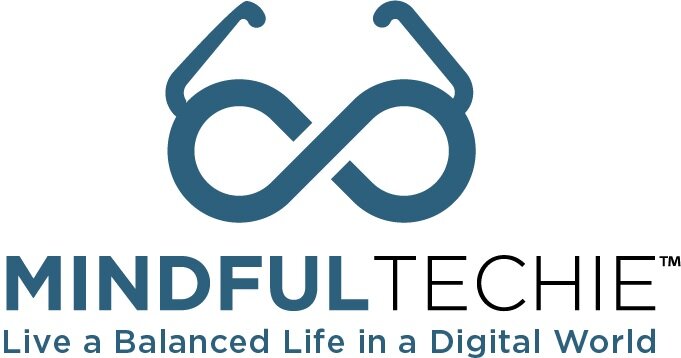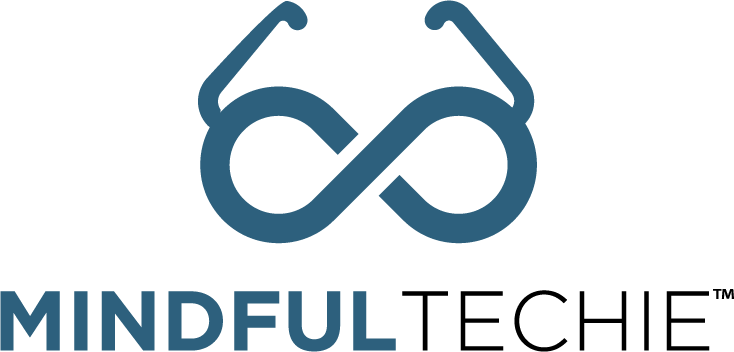How Changing Your Password Could Change Your Life
The reporting of data breaches seems to be more and more common these days, but this one should make you pause and pay attention. Last week, nearly 773 million emails and 21 million passwords were stolen and posted online.
Why It's Important
As a “mindful techie,” I consider myself to be pretty tech-savvy when comes to the privacy and security of my digital life. But I was shocked to learn that one of my email addresses and passwords had been exposed in nine separate breaches by companies such as Adobe, LinkedIn, Kickstarter, and Bitly. Fortunately, I no longer use that account and have already changed its password. But this exposure could have left me open to someone getting access to my credit card information, social security number, and more.
Why Passwords Matter
As the hosts of Mozilla’s popular IRL podcast note, our passwords protect more than just our accounts. They protect every bit of personal information that resides in them. Hackers rely on data breaches and bad habits, like using the same password everywhere or using common phrases (e.g. password, 123456, etc.), so that if they hack one of your accounts, they can hack many.
What Should You Do?
Check to see if you’ve been compromised by using a website like haveibeenpwned.com.
If you’ve been compromised, change your password immediately.
Consider enabling two-factor authentication. This means in addition to your password, you might be required type in a code you receive via text message or another app.
Consider a password manager. Password managers like 1Password, LastPass, Dashlane, and Bitwarden generate strong, unique passwords so that you don’t have to remember login information for a million different websites. They also store passwords securely and fill them into websites for you.
Tips for Creating a Fun and Memorable Password
Create a new password. Don’t reuse old passwords.
Keep it simple, long, and memorable. Phrases, lowercase letters, and typical English words work well.
Make it fun and positive. It might sound silly, but the password you enter daily can change your life. Positive passwords based on phrases like “Sleep Before 12” and “Quit Smoking” or positive affirmations (this is my approach) could lead to dramatic positive lifestyle changes.
Consider a separate master password for personal accounts like social media and more sensitive information such as financial accounts.
On a lighter note, here’s an example what can go right when you get hacked — Data Leeks. These are recipes that were exposed in well-known data breaches and were written by regular people.
Meico is a speaker and trainer on mindfulness, technology, and productivity at Mindful Techie. Follow him on social media at @amindfultechie. Learn more about living a balance and intentional life in a digital world at mindfultechie.com.

